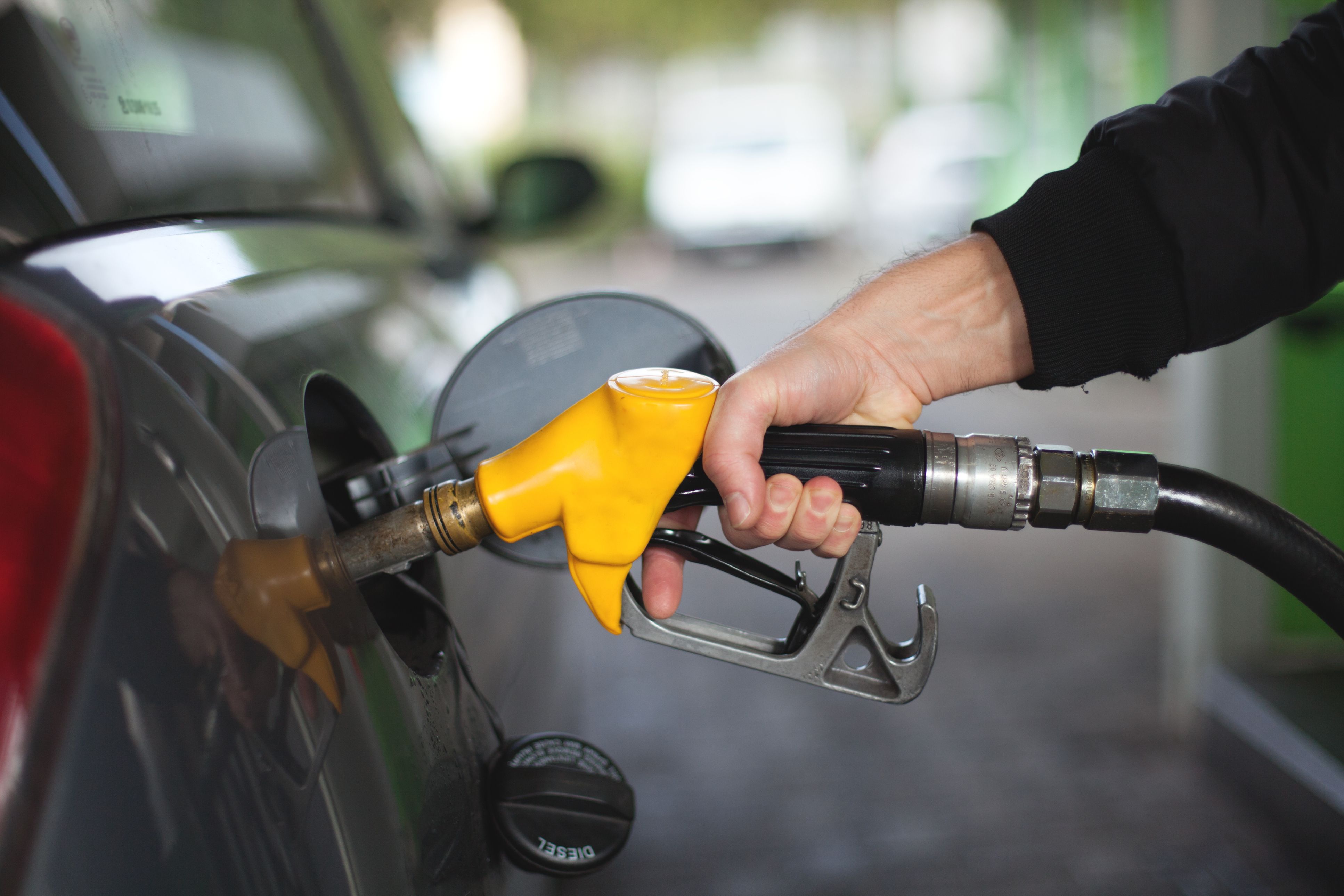No Gasoline Price Hike Plan

EghtesadOnline: Prices of gasoline and oil derivatives will experience no change until the end of the current fiscal year that started on March 21.
Hossein Amiri-Khamkani, a member of Majlis Energy Commission, made the statement, ICANA reported on Saturday.
Rejecting speculations about the rise in gasoline prices, he noted that neither the government nor the Majlis has plans to hike gasoline prices.
Khamkani, a lawmaker from Kerman Province, emphasized that rumors about Oil Ministry's plans to raise fuel prices to cap growing consumption is aimed at destabilizing the market, according to Financial Tribune.
According to the official, all proposals to increase energy price have been rejected and not only the government but also the Majlis is determined to keep prices unchanged until March 2019.
"Keeping fuel prices unchanged will help stabilize the economy," he said, adding that the Oil Ministry and its subsidiaries, namely the National Iranian Oil Products Distribution Company, can play a major role in resolving a part of economic problems by increasing gasoline production to minimize imports.
Iran's gasoline consumption stands at 90 million liters per day, of which 70 million liters are produced domestically.
Noting that the parliament is highly likely to keep fuel prices unchanged, the lawmaker noted that fuel inflation will creep into inflationary expectations and have direct and indirect impacts on people’s expenditures.
Inflation expectation is the rate of inflation that workers, businesses and investors think will prevail in the future, which they will factor into their decision-making.
According to Asadollah Qarekhani, the spokesman of Majlis Energy Commission, no decision has so far been taken on fuel rationing, but if consumption is not curbed, the country would be pressured by US sanctions.
On May 8, US President Donald Trump announced that his country has unilaterally withdrawn from the Iran nuclear deal and the US Treasury Department plans to impose sanctions on Iran in the coming months.
Qarekhani said that in the previous round of sanctions, the country could not meet its gasoline demand, hence it resorted to rationing the fuel with two prices, which was effective in curtailing consumption.


